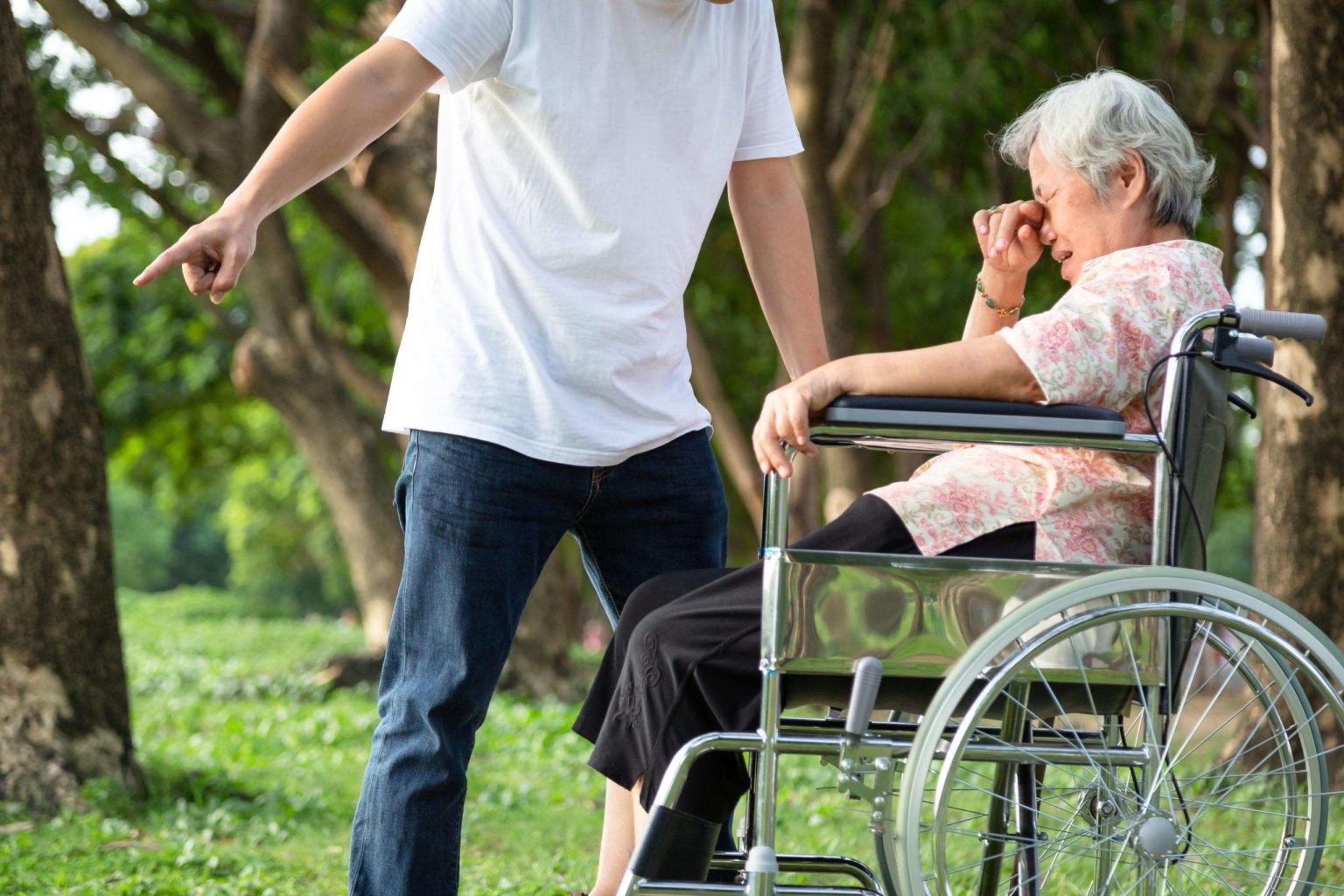Don’t Overlook These Signs of Nursing Home Abuse

According to the Kaiser Family Foundation (KFF), there are 25,515 nursing facility residents in Louisiana and 88,809 in Texas. The American Health Care Association (AHCA) and National Center for Assisted Living (NCAL) further report that Louisiana has 100 assisted living communities with 5,300 beds and an average of 44 people served, while Texas has 1,300 assisted living communities with 48,700 beds and an average of 29 people served.
While a majority of older adults still live in the community, there are still a significant number of older adults living in nursing homes or assisted living facilities. While these facilities are supposed to provide comfort to family members that their loved ones are being cared for every waking hour, nursing home abuse and neglect are regrettably common and frequently overlooked until it is too late.
Types of Nursing Home Abuse
The phrase nursing home abuse and neglect can prompt a number of different images in a person’s mind, but there are actually several different kinds of actions that can constitute nursing home abuse. In general, the most common kinds of nursing home abuse include:
- Physical Abuse — The kind of abuse that comes to mind for most people, nursing home residents may be subjected to physically abusive practices by some staff members. Physical abuse can include residents being punched, kicked, or otherwise struck by staff members.
- Emotional Abuse — Emotional abuse is far more difficult to identify because the effects are not always seen. Examples of emotional abuse could include staff members yelling at residents, taunting residents, or isolating residents. The signs of emotional abuse may include the older adult becoming more depressed or withdrawn.
- Nursing Home Neglect — Nursing home residents can be left unattended for long periods of time. Neglect may lead to malnutrition, medications not being administered as recommended, or residents living in dire conditions. Neglect is often the result of unqualified staff.
- Sexual Abuse — In 2017, CNN reported that the federal government cited over 1,000 nursing homes for mishandling or failing to prevent alleged cases of rape, sexual assault, and sexual abuse at their facilities.
- Financial Abuse — Nursing home residents can be at risk of mismanaging their money or having nursing home employees steal money from them.
Signs of Nursing Home Abuse
The typical question most people have when confronted about nursing home abuse is to ask what can be done? You should always look for the signs of possible nursing home abuse or neglect.
Some of the most common signs usually include:
- Bedsores or pressure ulcers
- Unchanged, filthy clothes or bed sheets
- Unexplained weight loss
- Unexplained sexually transmitted diseases (STDs)
- Changes to the power of attorney
- Anxiety
- Broken bones
- Bruises, burns, and welts
- Cuts or lacerations
- Opening new credit cards or bank accounts
- Dehydration
- Malnutrition
- Fatigue, insomnia, or other sleep disorders
- Strange financial transactions or charges
- Head injuries
- Dental injuries
- Illness or infection
- Lack of personal hygiene
- Depression
- Substance abuse
- Suicidal thoughts
- Posttraumatic stress disorder (PTSD) symptoms
When a family believes that their loved one has been the victim of nursing home abuse or neglect, they may have cause to file a lawsuit against the facility that allowed or caused the abuse or neglect to occur. It will be the facility itself that is the defendant, not necessarily the employee who may have committed the abuse.
Call Us Today to Speak with a New Orleans Personal Injury Lawyer
Egenberg Trial Lawyers understands how difficult it can be for families to pursue legal action in these cases, but we will work closely with you so you can understand all of your rights and be informed the entire time we are fighting to achieve justice. You can call (504) 229-2853 or contact us online to receive a free consultation that will allow us to review your entire case and outline what can be done.